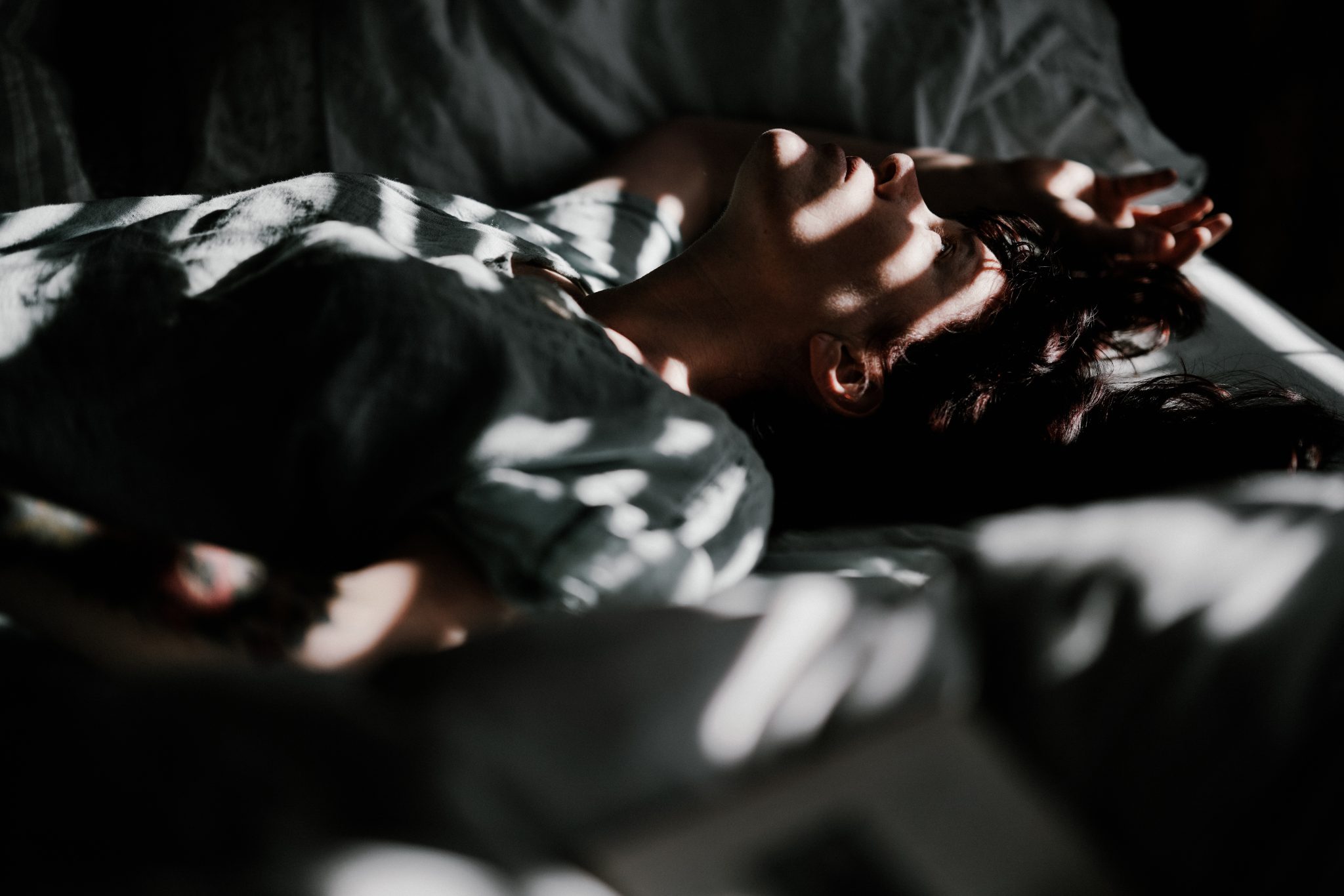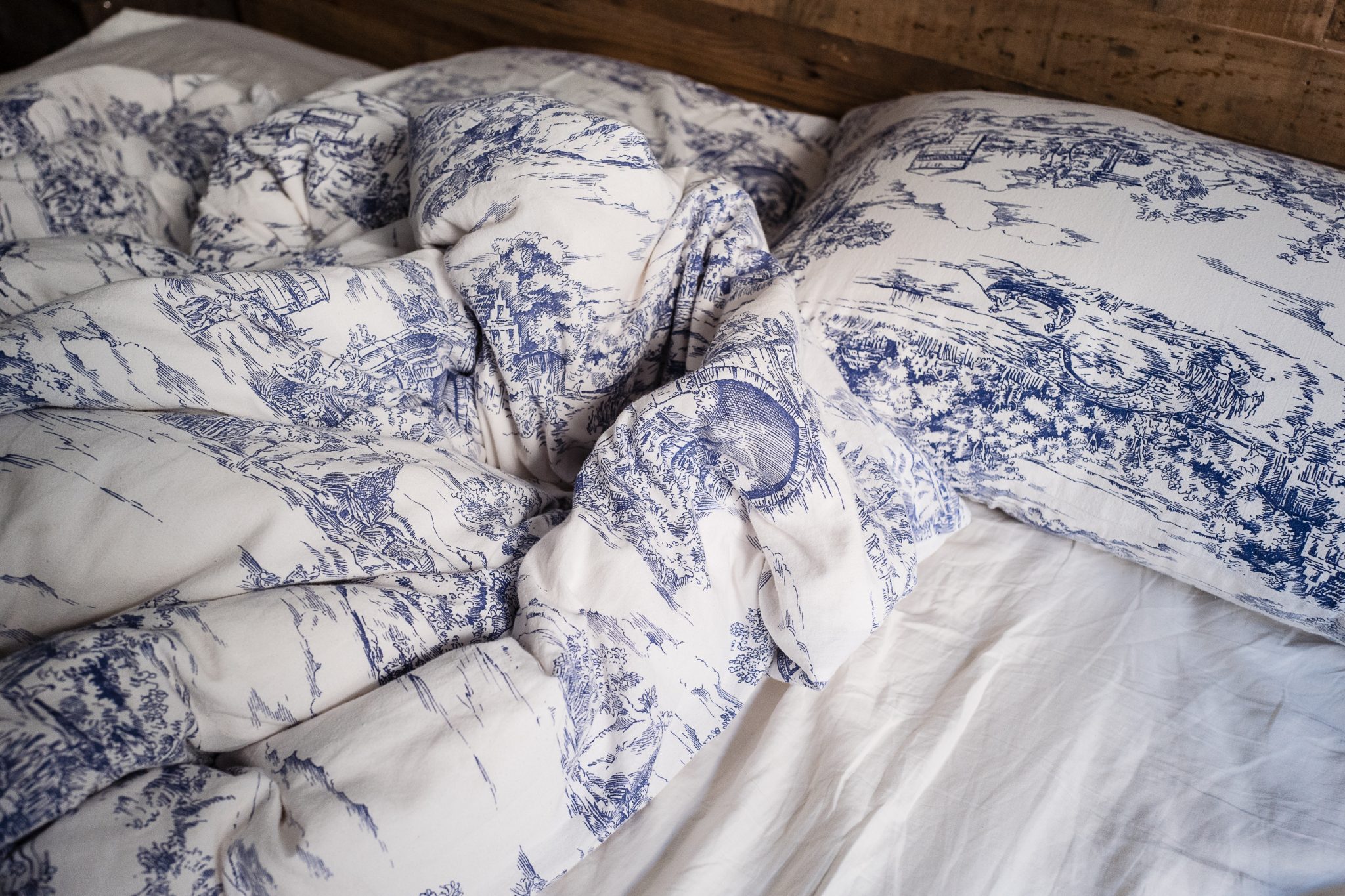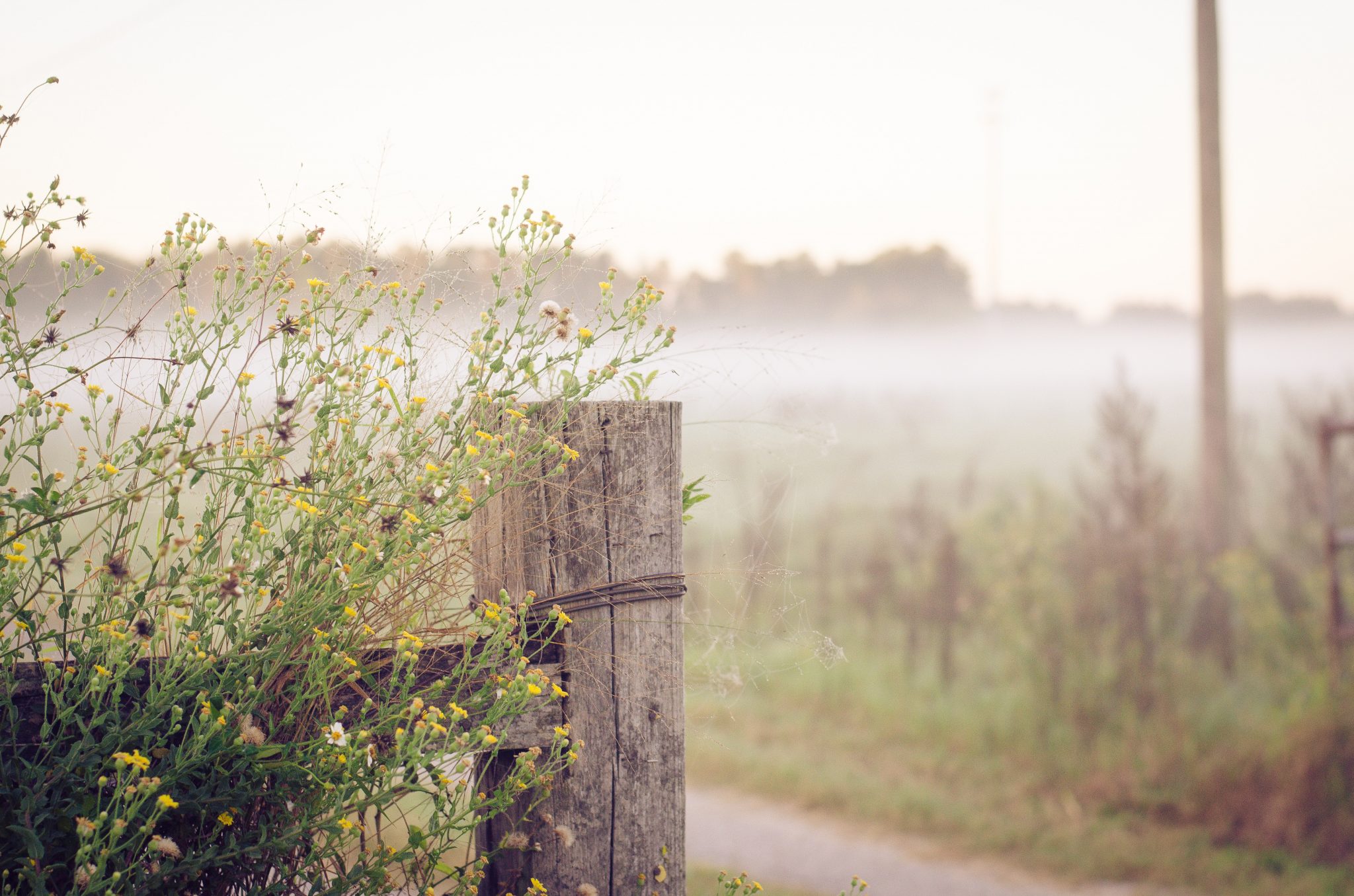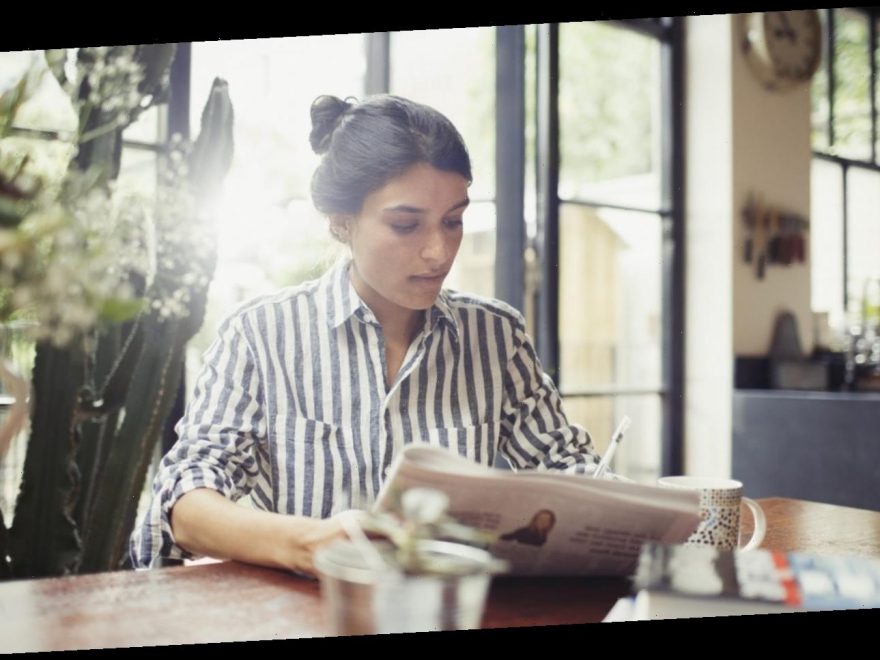Written by Caroline Allen
Night-time anxiety – aka that feeling when your worries spiral out of control just as you’re trying to relax – affects around 80% of people, a condition that can lead to chronic insomnia and other sleep disorders. Here, one writer took it upon herself to experiment with a radical new morning routine to beat her late night panic attacks.
I haven’t always been an early riser. On my 16th birthday, I infamously stayed in bed until 2pm. The only reason I woke up was because my mum, dad, brother and nan barged into my room singing Happy Birthday, laden with a caterpillar cake.
It’s perhaps even more surprising, then, that at the grand old age of 28, I now wake up at 5am every day.
After university, where my sleeping habits were only exacerbated by late-night drinking and an obsession with takeaway pizzas, I started my full-time job. I’ve suffered from controllable panic attacks throughout my life, but it wasn’t until I was forced into a regular daily routine that I started to develop feelings of anxiety.
At night I would ruminate over every mundane detail of my day. Did she look at me weirdly? Am I ready to do that presentation? Is this definitely the career path I want to be taking? This culmination of seemingly innocuous questions would build up in my brain until my chest felt as though somebody was dropping breeze blocks on top of it.
I’d wake up in the morning feeling like I hadn’t slept. I’d drag my heels around the house like a zombie, only to slump into a 10am creativity lull that nothing but sleep could pull me out of. After a bit of research, I realised that I was suffering from night-time anxiety, and that I wasn’t alone. According to Anxiety UK, around 80% of people say their worries become out of control at night.

“I was spending my nights building myself up to panic attacks over things I barely even remembered when the morning came around”
I noticed that I was spending my nights building myself up to panic attacks over things I barely even remembered when the morning came around. But, because I was rushing around to get ready in the morning, I would arrive at work having not processed my feelings from the night before. By 10am I could barely keep my eyes open which, of course, impacted my work.
At the time, there was a spate of celebrities and high-profile figures sharing their morning routines with the world. Everybody wanted to know the specific morning habits of highly successful people, myself included. Oprah Winfrey, Michelle Obama, Jennifer Aniston… the list of people with a 5am alarm clock kept building. And then one day I decided to give it a go for myself. After all, if it’s good enough for Jennifer Aniston, then it’s good enough for me, right?
At the time I was waking up at 6.30am and leaving the house at 7.15am. It was always a rush – I’d regularly miss my train and I never had time for breakfast, which meant I spent a fortune on eating out for breakfast and lunch in London every day.
That was two years ago.
When I first started my new 5am regime, I found it impossibly hard, especially because I made the rookie mistake of starting in the winter. The room was pitch black and just poking my foot out from beneath the duvet would send shivers down my spine. But what I quickly came to realise was that this feeling of sheer misery barely lasted a couple of minutes.
Once I was up and brushing my teeth, I felt completely awake. If you can get through the temporary discomfort, you’ll reap the rewards. There’s something special about being awake when it feels like the whole world is sleeping, that far outweighs the negatives.

“Each night, by 10pm, I’d be so ready to sleep that I’d quite easily drift off without any niggles of rumination”
According to health psychologist Phillippa Lally’s report in the European Journal of Social Psychology, it takes 66 days to form a habit. That’s over two months of forcing myself out of bed at 5am and getting on with my day. And it did take around two months for the brutal early mornings to become second nature.
There was no doubt about it, though, I was in a routine. Each night, by 10pm, I’d be so ready to sleep that I’d quite easily drift off without any niggles of rumination. Whenever I did feel anxious, I’d simply tell my brain to deal with it in the morning. I had so much extra time that if I ever did need to take half an hour to process anything that was bothering me, I could.
For me, moving house was one of the more stressful things I’ve encountered. I found that having that time to get my head around what was going on during my morning ‘quiet time’ really helped. Not having to worry about it during work time also improved my working day, helping to keep me more focused on the task at hand.

“It’s such a peaceful time of day”
Now, I’ve developed a little space that I like to go to in my lounge. My dog often comes down with me and I have a big throw on the sofa that I put around the two of us. It’s such a peaceful time of day. In the summer, I like to go in the garden and watch the sun come up.
My 5am starts mean I now have uninterrupted time to process my emotions, which I mostly do by writing. I write letters to people I never plan to send, and I like to continuously write my thoughts in a notepad. It doesn’t stop there, though. A whole host of new benefits I wasn’t even expecting have revealed themselves slowly over the past two years.
According to a sleep study by Harvard Medical School, it can take between two to four hours to fully wake up. By the time I arrive at work at 9am, I’m more alert and attentive than I used to be. I can start my tasks without overloading on caffeine or relying on a 10am pick-me-up. I don’t have a morning slump anymore, and now I only have one coffee first thing. At my most tired, I’d get through four or five a day. I do get a little more tired than I used to in the evenings, but not enough for me to have to go to sleep really early. I’m usually in bed between 10-10.30pm.
The Department of Psychology at the University of Toronto reports that rising early contributes to your wellbeing as a whole. For me, little things have made all the difference, like being able to complete a full skincare routine. This includes taking the time to have a shower, scrub my face, cleanse, tone and moisturise and have time to properly do my hair. Plus, I now have a nutritious breakfast; I usually have avocado on toast, fruit or cereal, and it can set me up for the whole day. It’s tasks like this that tend to get overlooked when you’re in a hurry.
If night-time anxiety is something that causes you problems, or even if you just spend your morning rushing around and putting your self-care at the back of the queue, I’d recommend trying to wake up at 5am. It is unpleasant to start with and there is no getting around that discomfort, but if you’re willing to push through the temporary pain, you’ll be amazed at just how good it can feel in the long run.
Images: Unsplash
Source: Read Full Article
